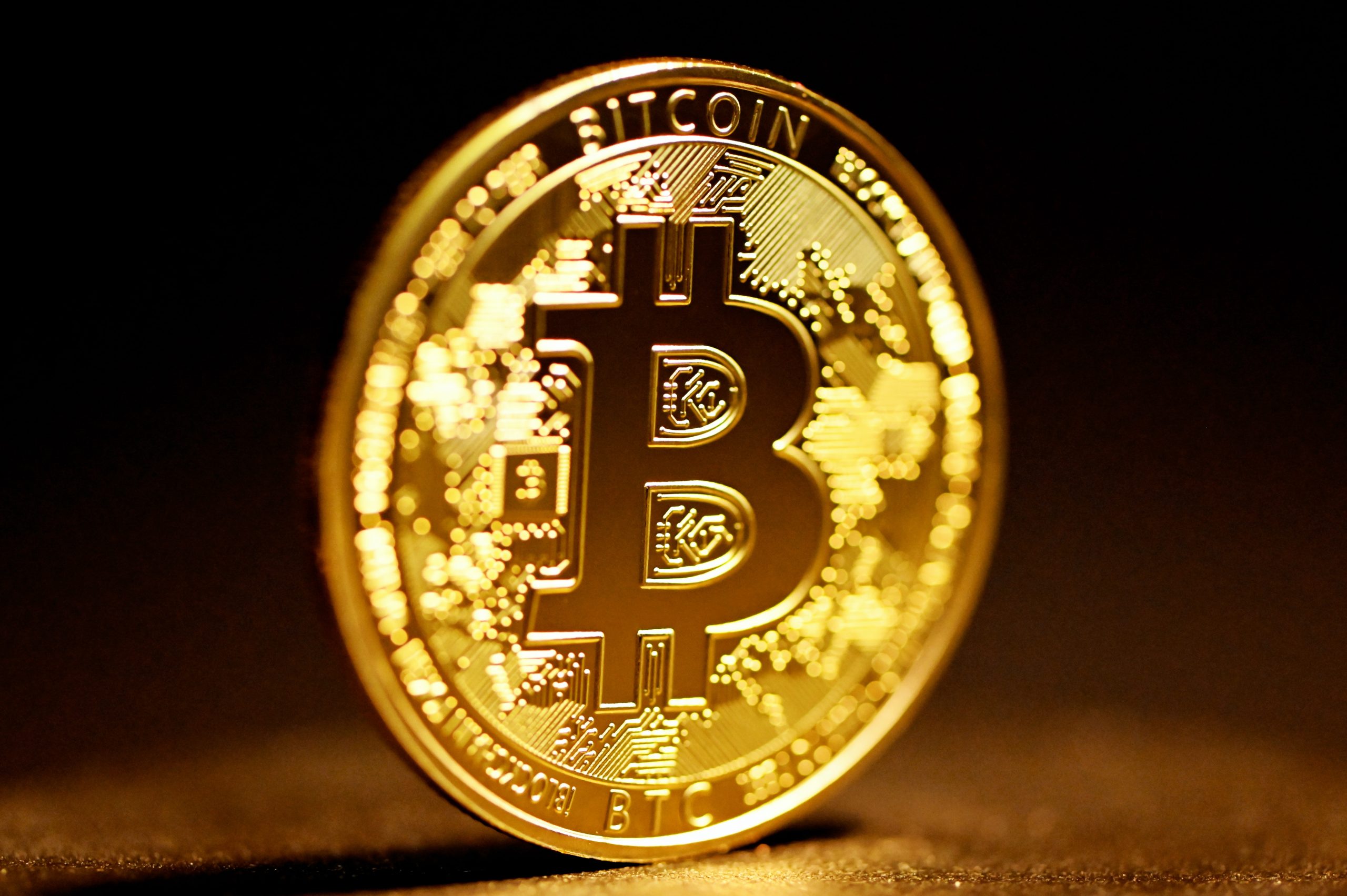The crypto revolution first started in the United States before moving into the rest of the developed world and developing economies in Asia and Africa. And Bitcoin is currently the most prominent cryptocurrency, championing that revolution. Despite being a decentralized currency, several countries today recognize and accept Bitcoin as a means of payment and an investment asset.
Bitcoin adoption has tremendously increased among mainstream institutions, including banking, insurance, real estate, e-commerce and retail. Individuals, too, are increasingly adopting Bitcoin as a convenient transaction currency for goods and services. Crypto exchanges such as the bitcoin code have made it easier for individuals to trade virtual currencies and send and receive money worldwide.
Experts say Bitcoin is now a universal currency, accepted by merchants worldwide. They estimate the average crypto ownership rate by country is about 3.9%, with over 18,000 businesses worldwide currently accepting Bitcoin and other cryptocurrencies as payments. The following are the top countries leading the Bitcoin adoption.
Developed Countries
A Statista report released in February 2022 indicates Bitcoin usage predominated in English-speaking countries, with the United States at the helm. The U.S. is the world’s Bitcoin headquarters, with more than $1.52 billion worth of Bitcoin traded on its crypto exchanges in 2020. That is almost more than triple the value sold in the second country, Russia, which accounted for just about $421.38 million in trading volume over the same period.
Following were the United Kingdom, Canada, South Africa and Australia. Russia and Ukraine also reported intensive Bitcoin usage, mainly attributed to the widespread mistrust of institutions. Besides, many Bitcoin users also cite Bitcoin’s low-cost and secure transactions as other reasons behind the increasing adoption. Other notable countries include Switzerland, Germany and Japan.
Developing Economies
While the crypto revolution began in the developed world, the developing economies are now leading the adoption. Several developing countries in Africa and Asia still lack basic banking facilities, and their institutions are also rife with corruption. That makes the accessibility to capital and financial services extremely difficult, leaving their populations marginalized.
Cryptocurrencies like Bitcoin are decentralized, not subjected to political and institutional influences. Thus, they present a better alternative transaction currency and investment asset than the central banks-controlled fiat money. That has inspired several countries in the developing world to adopt Bitcoin, with El Salvador even making it a legal tender.
However, reports show Vietnam is the leading Bitcoin user globally, ranking the highest in overall crypto transaction value and payments conducted by individuals. The majority of the Vietnamese use Bitcoin as an investment tool to hedge against the inflation faced by local currencies. Other contenders include Venezuela, Nigeria, the Philippines, India, Peru and Kenya.
Nigeria is Africa’s largest economy, which has also reported significant Bitcoin adoption in the last few years. Nearly 32% of Nigerians had used or owned crypto in 2020 compared to just about 6% of Americans. The country’s unique culture and high-level poverty are the main factors driving the adoption of Bitcoin and other cryptocurrencies.
Besides, most Nigerian people are highly likely to make payments and send money with mobile phones. Bitcoin enables businesses and individuals to seamlessly pay for goods and services and invest worldwide without political or institutional interference. It also facilitates low-cost cross-border transactions, ideal for many individuals in the developing world who depend on international remittances for basic needs and investments.
Overall, Bitcoin is a revolutionary currency and investment asset that plays a vital role in the global economy. That is evident from its increasing adoption by governments, mainstream institutions, and individuals worldwide.








